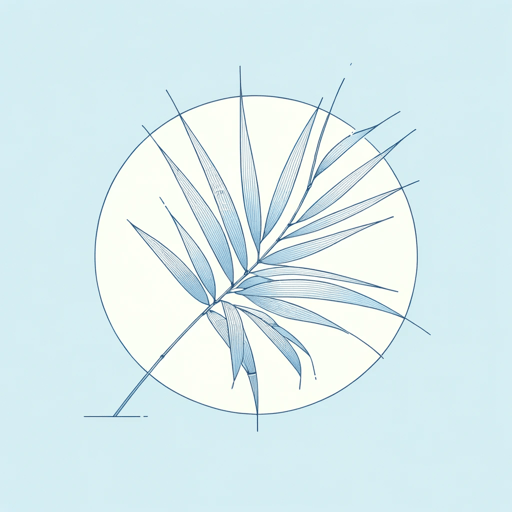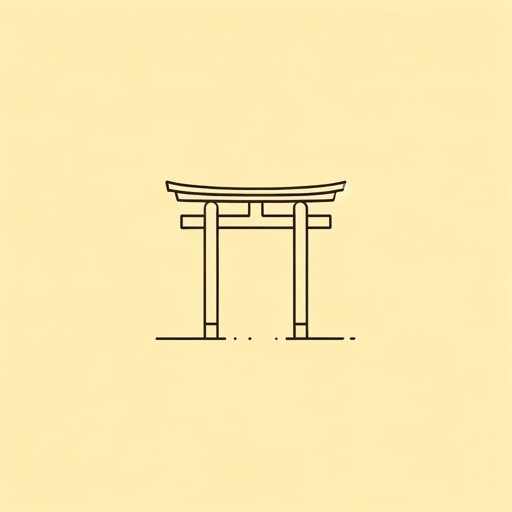21 pages • 42 minutes read
Ryūnosuke AkutagawaThe Nose
Fiction | Short Story | Adult | Published in 1916A modern alternative to SparkNotes and CliffsNotes, SuperSummary offers high-quality Study Guides with detailed chapter summaries and analysis of major themes, characters, and more.
Themes
The Self as the Source of Suffering
Throughout “The Nose,” Zenchi Naigu embodies the Buddhist truth that the source of suffering is in the self and, more specifically, a mistaken view of selfhood that emphasizes separation and absolute identity over connectedness and change. Throughout the story, Ryūnosuke Akutagawa draws attention to this connection between Zenchi’s attachment to the self—and, specifically, to his nose—and the suffering that occurs. Much of the suffering is obvious: The nose is “a constant source of torment” (52), gets in the way of the priest’s ability to eat, and keeps him from being fully present in the performance of his religious duties. He allows himself to be distracted from those duties, particularly the chanting of sacred scriptures, in favor of posing in front of a mirror, experimenting with different positions that might make his nose appear smaller. It distorts the way he reads scripture and literary texts, and, of course, it leads him to submit to the unusual and humiliating boiling/stomping procedure to make his nose shorter.
More broadly, Zenchi’s attachment to the self causes suffering by obstructing his ability to see the nature of reality—or appreciate the deep contradictions of his own position. Zenchi believes that his nose prevents him from living up to his own perception of what a Zen priest should be, but that suffering also results from an attachment to some idea of a “real” priest.
Related Titles
By Ryūnosuke Akutagawa



